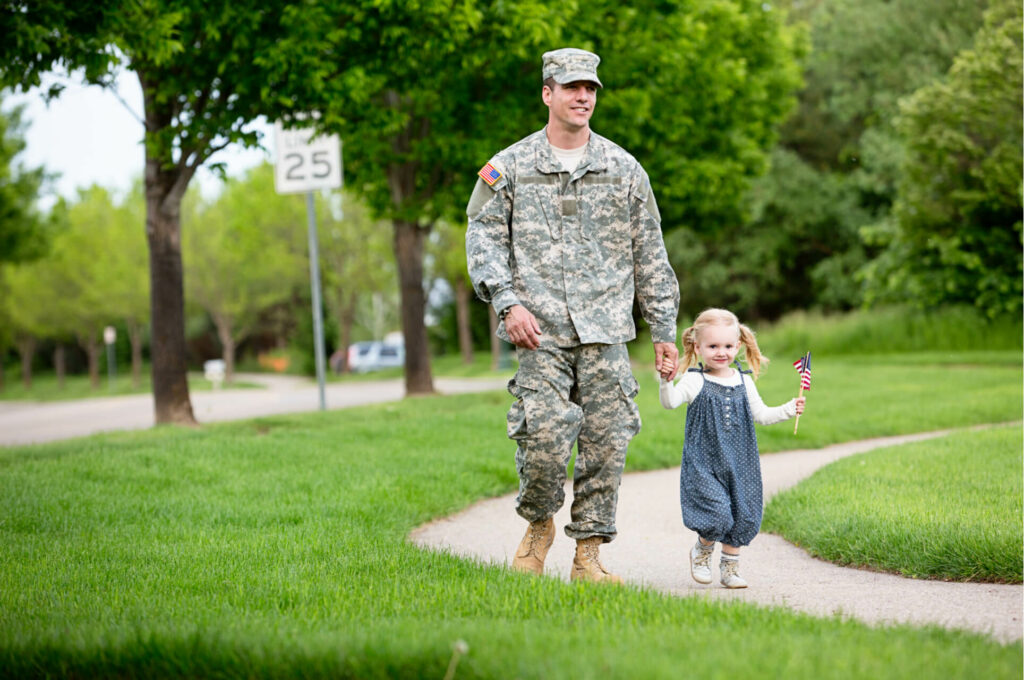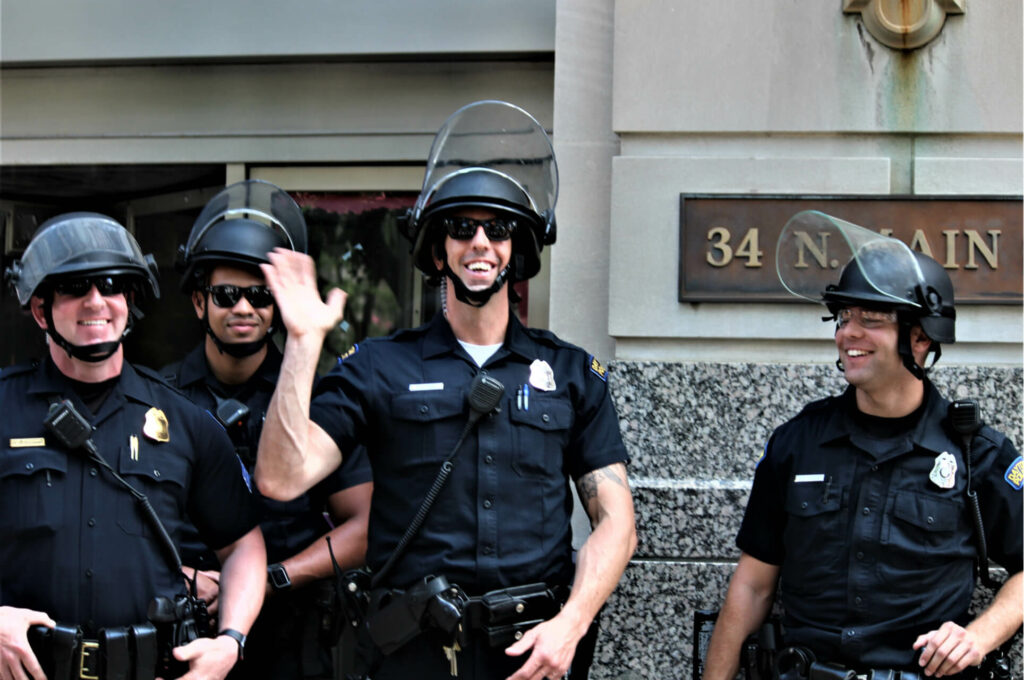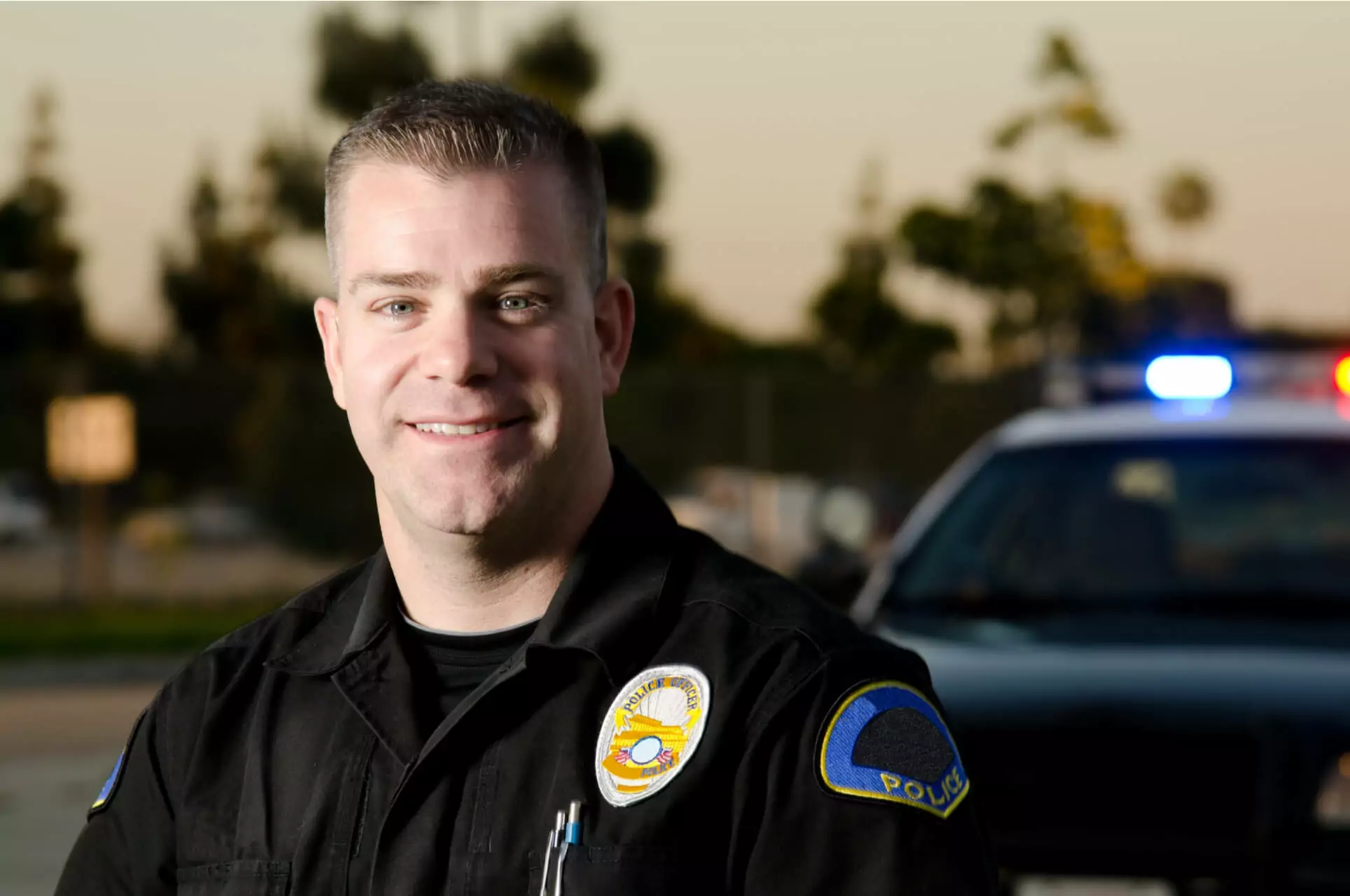As an officer, the list of responsibilities can seem endless: from controlling traffic, patrolling neighborhoods, responding to emergency calls, to arresting violators, testifying in court and educational outreach, communities rely on their police to keep them safe.
It’s a job that is as varied as it is indispensable. With some much importance put on police work and such a heavy workload, it’s no wonder that policing is considered one of the most stressful jobs in the world. But of course, police are people too. When we consider the amount of stress the average officer is under, we have to ask the question: who’s taking care of our officers?
THE HEAVY TOLL ON OFFICERS
As mentioned, policing is a very mentally taxing job. And unfortunately, the statistics reflect this truth all too well. Most worryingly are the statistics regarding suicide amongst officers. The National Alliance on Mental Illness (NAMI), nearly 1 in 4 police officers have reported having had suicidal thoughts at some point in their life.

The suicide rate for police officers is four times higher than the rate for firefighters; in some departments, this number increases to almost four times the national average. Perhaps the most telling statistic is that more police die by suicide than in the line of duty. And across the board, compared to the general population, law enforcement reports much higher rates of depression, PTSD, burnout, and other anxiety-related mental health conditions.
These issues are compounded by the fact that many officers are reluctant to seek help when it comes to their mental health. In 2020, a survey of 434 Texan police officers found that 12% had a lifetime mental health diagnosis and 26% reported current symptoms of mental illness. However, out of these officers, only 17% reported having sought mental health care services over the previous 12 months. Although most officers didn’t seek help, many of them stated that they would be interested in help if some of their key concerns were met, including confidentiality assurance.
WHAT IS RESILIENCE TRAINING?
These troubling statistics shouldn’t be ignored. In fact, departments have a moral responsibility to react to them and to reach out to officers with the help they need. Luckily, this is something that can be addressed.
The answer may lie in ‘resilience training’. The idea behind resilience training is to give people the mental tools to handle stress, adversity, trauma or tragedy. It’s the opposite of taking a ‘tough it out’ mentality of just putting on a brave face in times of adversity. Instead, resilience training is “a dynamic process encompassing positive adaptation within the context of significant adversity”.
According to the Mayo Clinic, resilience training usually focuses on areas such as:
- Developing an optimistic outlook for the future;
- Outlining solid goals, as well as the desire to accomplish them;
- Focusing on compassion and empathy;
- Recognizing what can and can’t be controlled;
- Developing emotional regulation and awareness;
- Working on self-efficacy;
- Learning to tolerate ambiguity; and
- Developing realistic optimism.
AS USED BY THE US ARMY
Can mental resilience be taught? The US Army certainly thinks so, as they’ve run a Master Resilience Training (MRT) course for non-commissioned officers since 2009. The 10 days course is a joint effort between the Positive Psychology Center at the University of Pennsylvania and the United States Army. The goal of the program is to teach officers about resilience and to train them how to pass these skills along.

The course was developed to foster a proactive, rather than a reactive, approach to PTSD, in an attempt to prevent it from developing. The US Army is also interested in teaching MRT skills to the families of soldiers and non-combat members of the army.
BUT DOES IT WORK?
Current evidence strongly suggests that resilience training works well. A systematic review of 14 separate studies of resilience training courses saw 12 out of the 14 studies show significant positive changes as a result of resilience training. It was shown to reduce stress, depression, anxiety, and negative mood.

As for the MRT program mentioned above, the US Army commissioned a study after the program had been offered to soldiers for four years, to examine the success of the program. Over 90% of participants found the program to be “very helpful or helpful”. Most interestingly, over 95% of participants said they found themselves using skills they learned in MRT both on the job and in their personal lives.
AN IDEA WHOSE TIME HAS COME
Policing has always been a high-stress job, and this is unlikely to change any time soon. But with the right tools and support, the responsibilities of the job needn’t take an unbearable toll on the health and wellbeing of our officers.
Resilience training is a promising new tool that may prove to be an accessible way of providing them with the help they need and deserve – hopefully paving the way for a more positive future for everyone.

